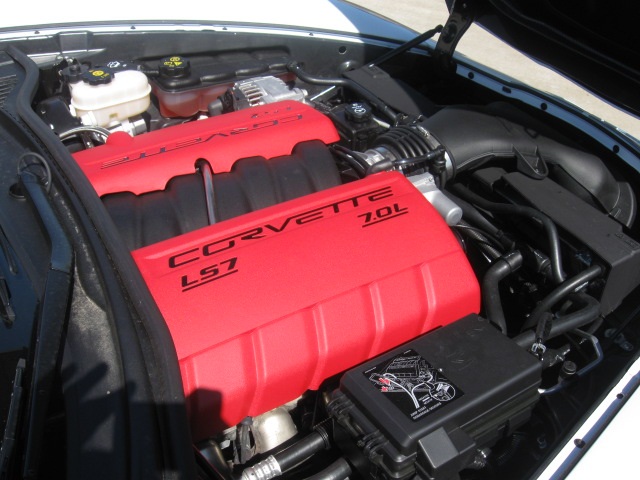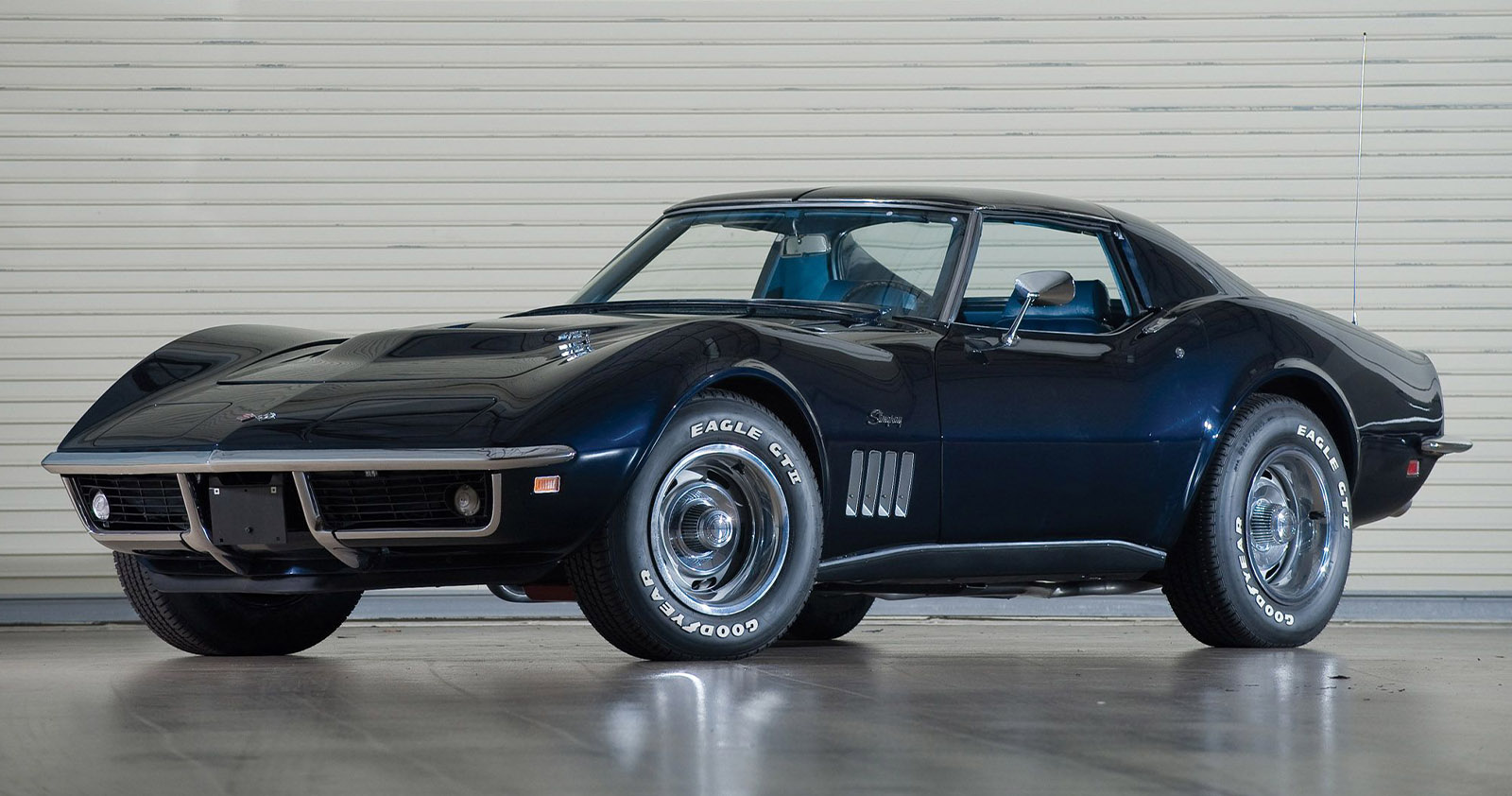In 2013, a revelation of sorts took place within the Corvette world. General Motors unveiled a “best of both worlds” type offering, which paired the C6 Corvette, in its convertible form, with an indisputably fearsome powerplant. Beneath the Corvette’s hood, sat a 427 cubic-inch small-block, which carried the LS7 designation. Consumers could now cruise about in grandeur while powering down the highway with unabashed tenacity.
The LS7 was notable from many angles, perhaps most indisputable in regards to its technical superiority, when compared to other powerplants of the era. This famed small-block was more than just well-designed. To many, the LS7 is considered an outright engineering marvel.
No Subscription? You’re missing out
Get immediate ad-free access to all our premium content.
Get Started



